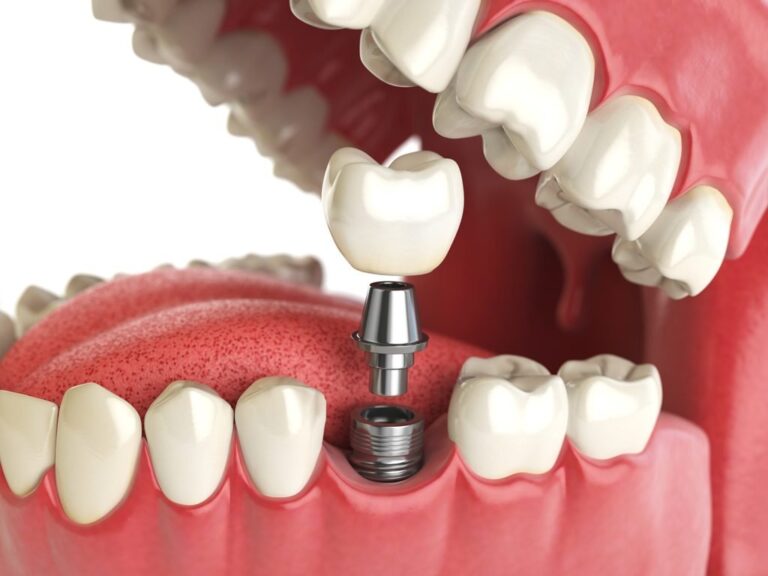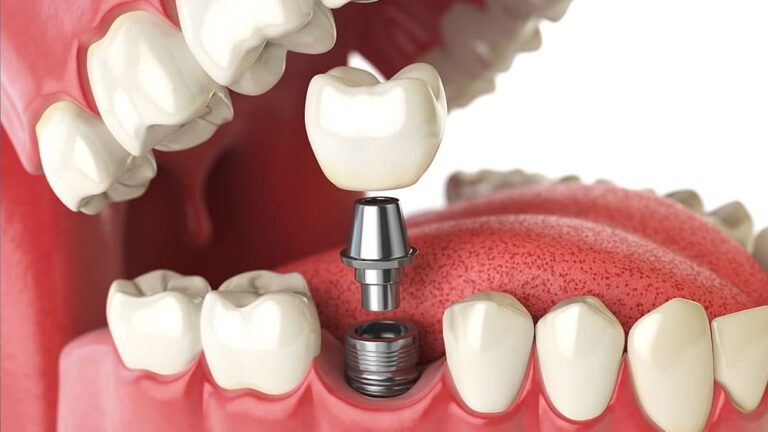Root Canal Alternatives: Are They Right for You?

Some people hesitate to proceed with a root canal. This procedure is standard and can effectively save damaged teeth. Depending on the severity, there are alternatives. These options might better suit different dental needs and personal preferences. Here are some options along with their benefits and limitations:
What Are The Alternatives?
Several alternatives to traditional root canals exist. Dental fillings or crowns are sometimes sufficient for less severe tooth decay because they address minor damage by cleaning the affected area and sealing it to prevent further issues. In cases of severely damaged teeth, another approach involves extraction followed by the placement of a dental implant.
Implants not only replace the problematic tooth but also maintain its functionality and appearance. Newer techniques, such as pulp capping, are used to protect the tooth’s pulp from bacterial exposure, which can potentially avoid more invasive interventions.
Why Are They Beneficial?
Less invasive options may preserve more of the natural tooth structure. This appeals to individuals who prefer gentler procedures. Dental crowns may safeguard the remaining structure rather than removing significant portions.
Recovery time is another advantage. Treatments like pulp capping generally involve less discomfort and quicker healing compared to the extended process of a root canal. Straightforward alternatives may result in reduced short-term expenses, particularly for minor procedures. Less complexity may result in fewer appointments and lower fees.
Who Might Find Challenges?
Root canal alternatives may not be suitable for every case, as severely infected or damaged teeth typically require more extensive interventions; only root canals can provide these. If such serious issues are not addressed, infections could worsen and eventually lead to tooth loss. While alternatives can be effective initially, some treatments carry higher long-term risks. When complications arise, individuals may need more extensive procedures, which can result in additional costs. Furthermore, advanced treatments like regenerative procedures are not widely available in general dental practices, making it challenging to find the necessary expertise locally.
What Costs Are Expected?
The costs of these alternatives depend on the procedure and complexity. Some less invasive treatments, such as dental fillings, may be covered by insurance plans. Implants can involve substantial out-of-pocket expenses. Insurance coverage for newer or less standard techniques, like pulp capping, is also inconsistent. Discussing expected fees with your dental provider gives clarity before making decisions. Quality and care are investments to explore to avoid complications later.
Find a Dental Clinic for a Root Canal
Deciding between a root canal and its alternatives depends on several factors. Each option presents benefits and drawbacks. While there’s no universal answer for everyone, understanding your choices empowers you to make an informed decision about your dental health. The tooth’s condition, your recovery goals, and budget all play a role. Stay focused on regular check-ups, maintaining oral hygiene, and addressing dental concerns early. Safeguarding your smile begins with proactive care and the guidance of a qualified professional. Consulting your dentist helps clarify the best solution for your specific situation. They evaluate the infection, assess the damage, and provide tailored guidance.
- What to Expect When Visiting a Foot and Ankle Specialist
- Causes of PTSD
- The Link Between Plantar Fasciitis and Weight Gain: What You Need to Know
- How Pet Ownership Can Positively Impact Life with Fibromyalgia
- The Importance of Stretching and Flexibility in Sports Medicine
Dr. Emma Green is a health and wellness expert with over 10 years of experience in nutrition and fitness. Passionate about helping others live their healthiest lives, Dr. Green shares practical advice on wellness, nutrition, and sustainable living through LivingSpristine.






